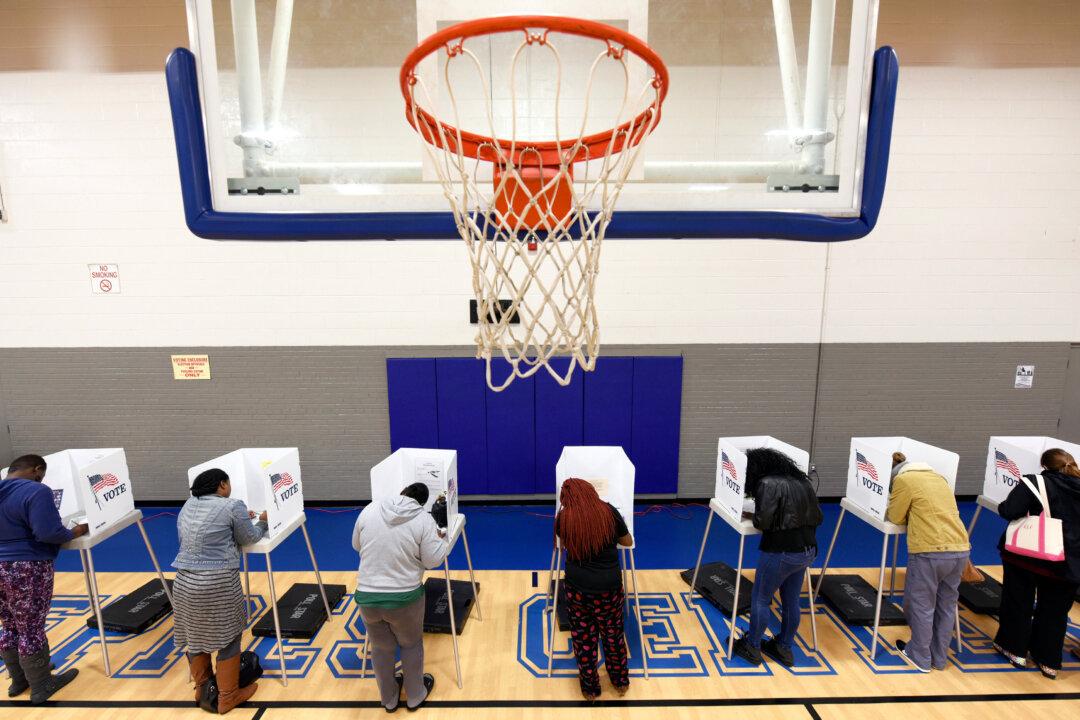WASHINGTON—The Supreme Court put the final nail in the coffin of North Carolina’s strict voter-identification law on Monday, rejecting a Republican bid to revive the measure struck down by a lower court for intentionally aiming to suppress black voter turnout.
The justices left in place a July 2016 ruling by the Richmond, Virginia-based 4th U.S. Circuit Court of Appeals that voided the law passed by a Republican-controlled legislature and signed by a Republican governor.
The state’s new Democratic governor, Roy Cooper, and its Democratic attorney general, Josh Stein, had told the justices they wanted to drop the state’s appeal of the 4th Circuit ruling. But the Republican-led state legislature said it should be able to intervene in the case to defend the law. The appeal was filed by Cooper’s predecessor, Republican Pat McCrory, before the Democrat took office in January.
Chief Justice John Roberts, citing a “blizzard of filings over who is and who is not authorized to seek review in this court under North Carolina law,” wrote a two-page statement noting that the confusion over who represents the state was a reason not to hear the dispute.






